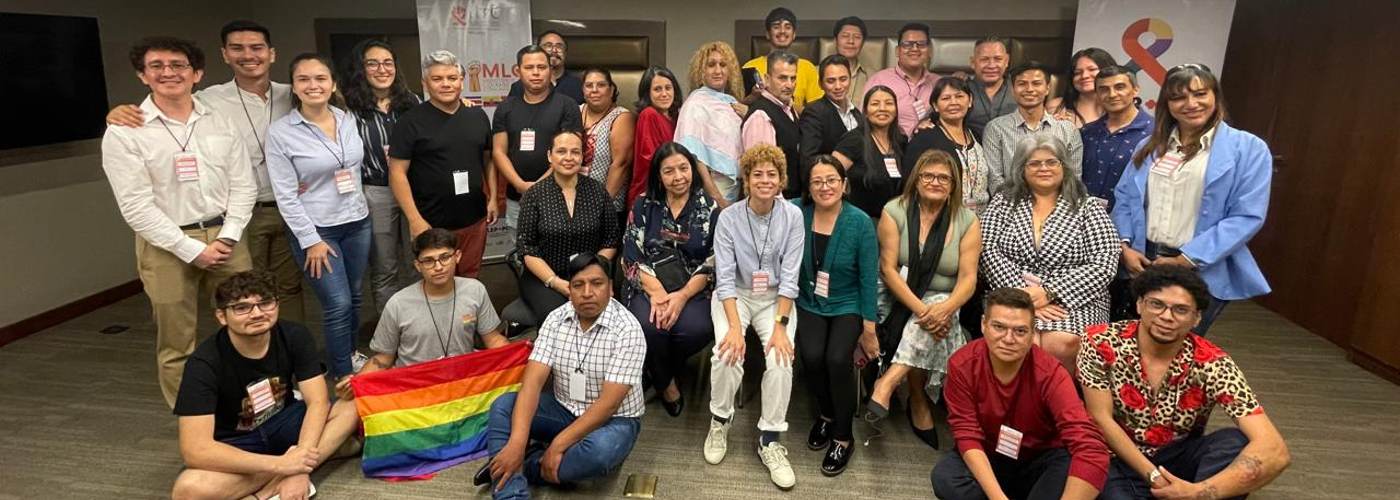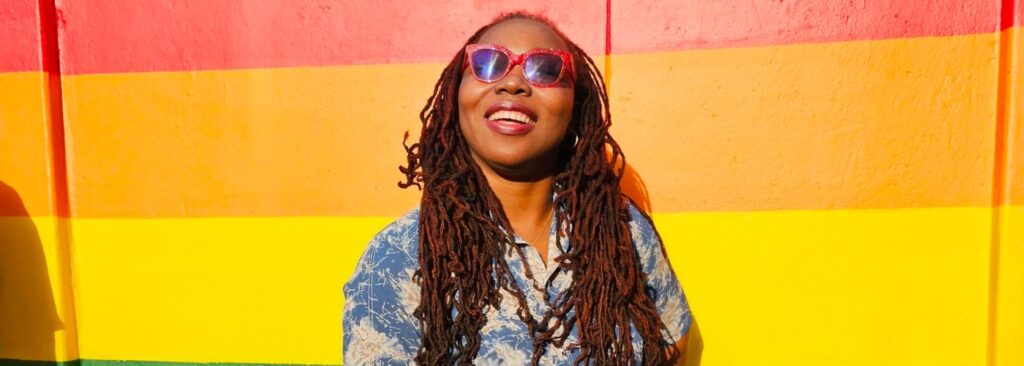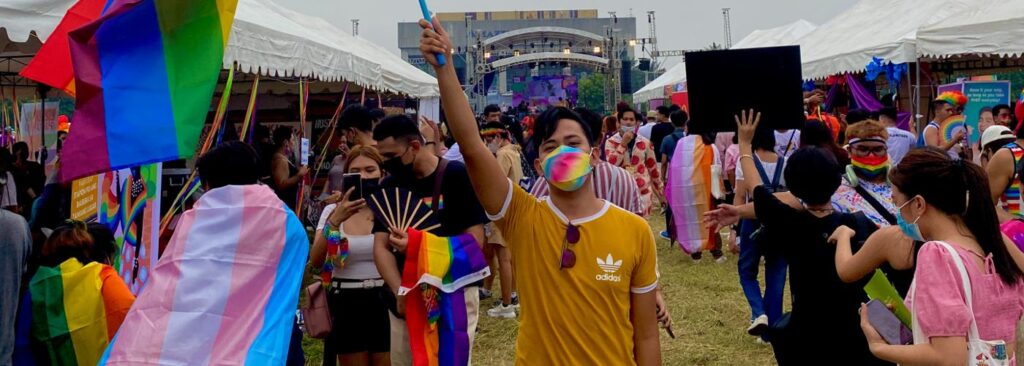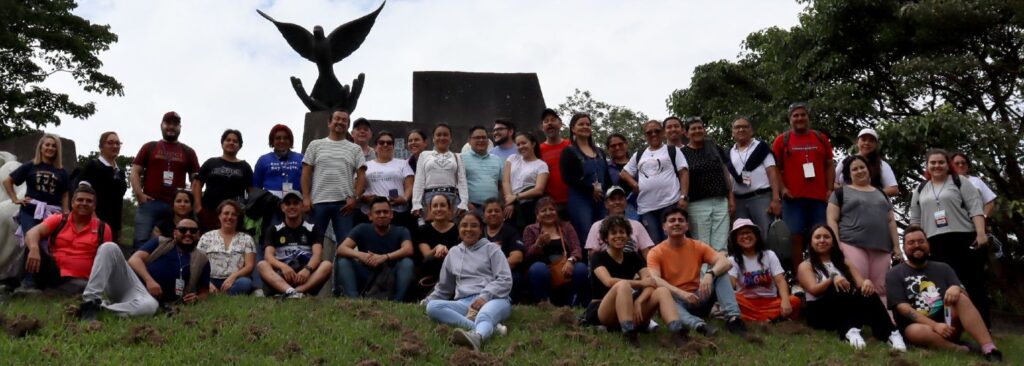Irazú (they/them) works from Costa Rica to improve the living conditions of people with HIV in Latin America and help those who are at high risk of contracting HIV. Traditionally, Costa Rica has been a safe haven for LGBTIQ+ refugees from the region, but in recent years that position has been under pressure.
Is Pride celebrated in Costa Rica?
“Costa Rica celebrates Pride on June 26. More and more people think Pride is becoming too commercial. So part of the queer community is calling for more progressive events – free from pink washing. Recently, Pride has also been celebrated in other places in the country: in the countryside, close to the beach, further away from the capital San Jose. These smaller celebrations are just as important for the community and for visibility of diversity.”
What is currently going on in Costa Rica in terms of LGBTIQ+ rights?
“Costa Rica has long been a safe haven for LGBTIQ+ people who have had to flee their homeland in Central or South America. In Nicaragua, for example, there has been enormous regression when it comes to human rights and LGBTIQ+ rights.
There is sometimes a feeling here that “gays are allowed to get married, what else do they need?” But right now there’s no policy on gender. Trans people can change their names, but there’s no law guaranteeing their rights. The next elections will be in two years, and that’s a decisive moment. Because here, too, the extreme right is gaining ground.”
Why do you think Pride is important?
“Pride reminds us that we still need safe places where we can be ourselves, despite the backsliding. We need to show what love can look like for everyone – from the cities to the countryside. Awareness, visibility and normalization are so important when it comes to Pride. It’s a chance for us to get together and keep the emancipation movement alive. So we can also feel safe the other 364 days of the year.”
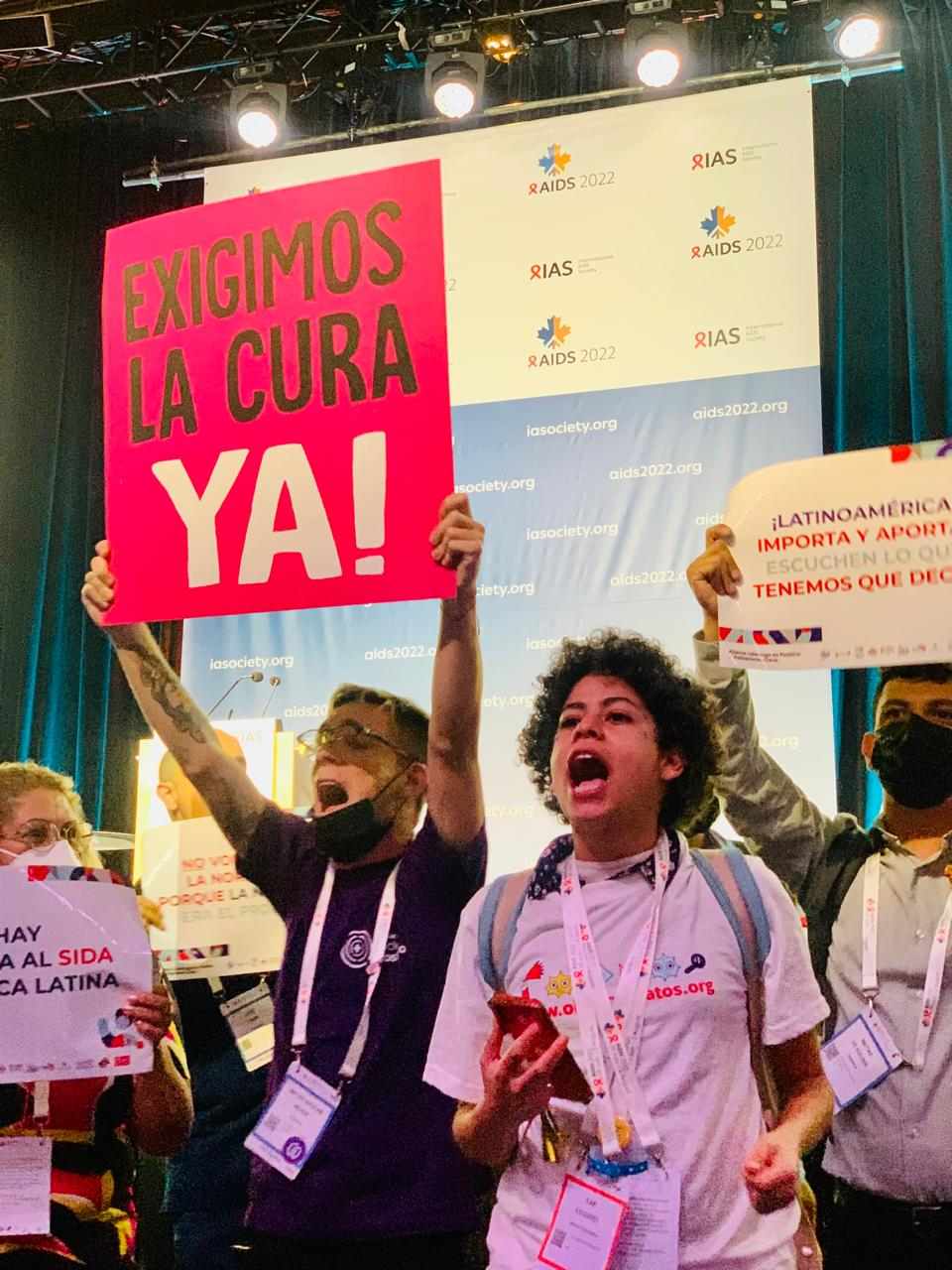
What is Hivos working on in Costa Rica?
“We’ve set up a unique platform in Costa Rica and 10 other countries in Latin America that maps their HIV response and financing. With this data, activists and their organizations can hold governments to account when it comes to policy. The platform also helps combat stigma and discrimination by sharing information about access to HIV services. We’ve worked with universities and educators to train more than 230 people in skills and knowledge about HIV and public health. In 2021, a third of our trainees exercised political influence on HIV-related issues in their country.
In addition, Hivos has contributed to the introduction of same-sex marriage in Costa Rica, which was finally approved in 2020 after years of struggle.”

